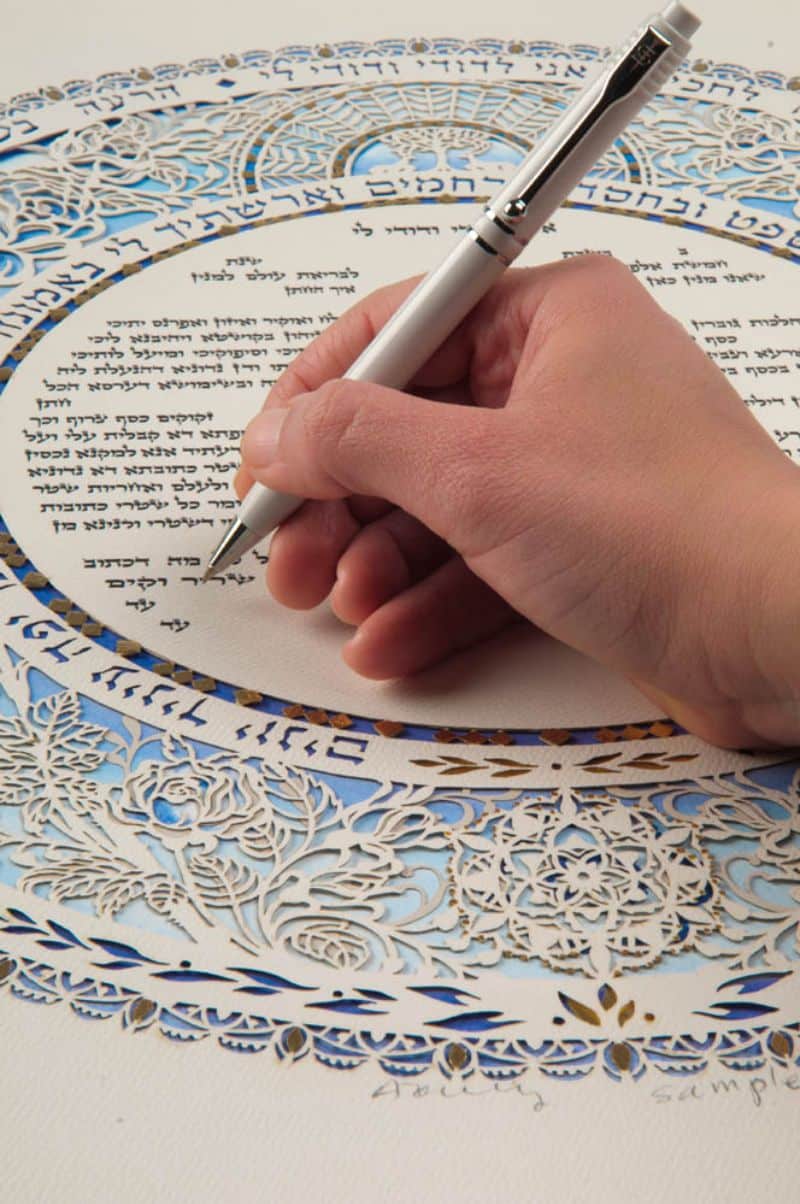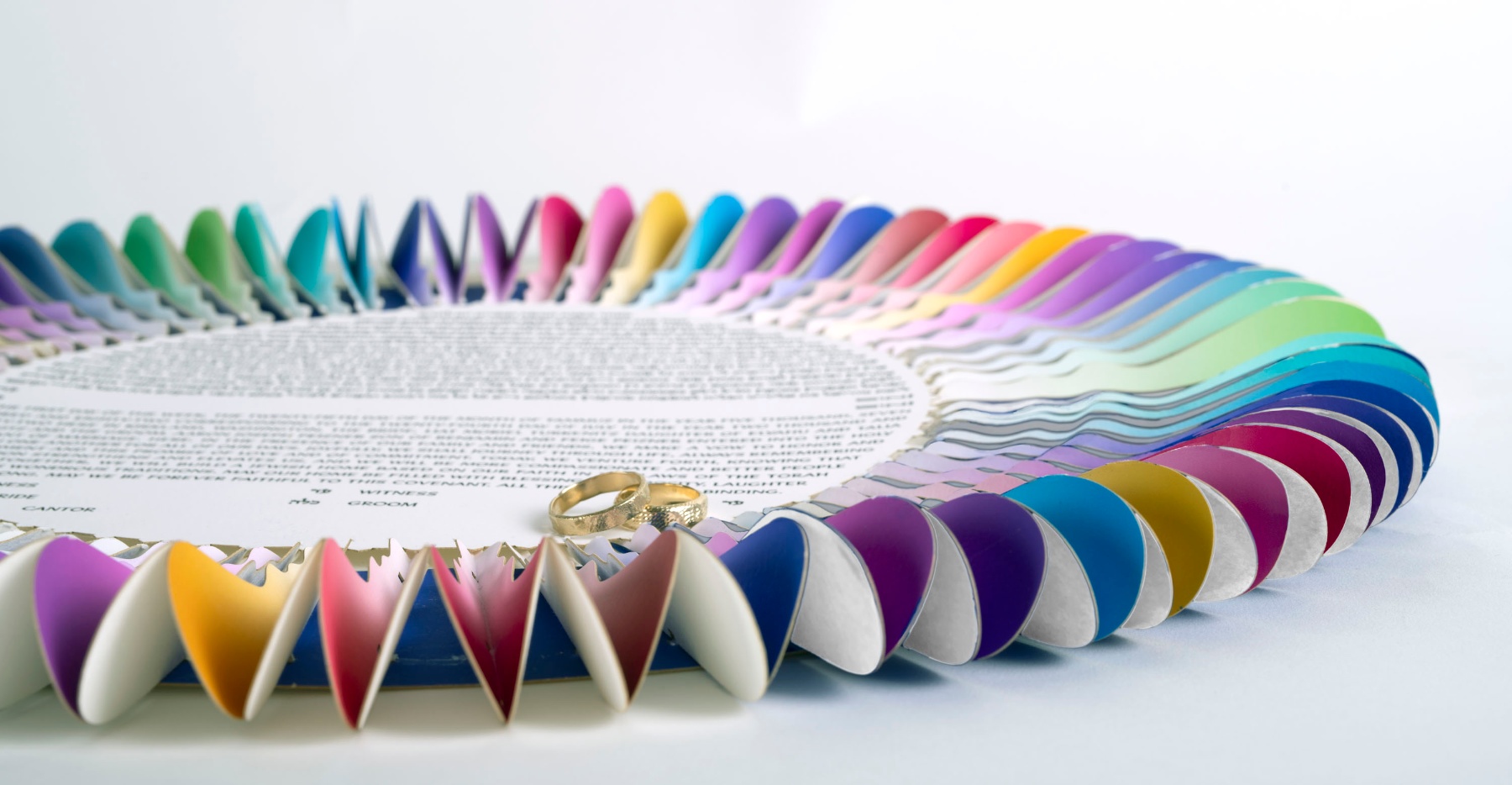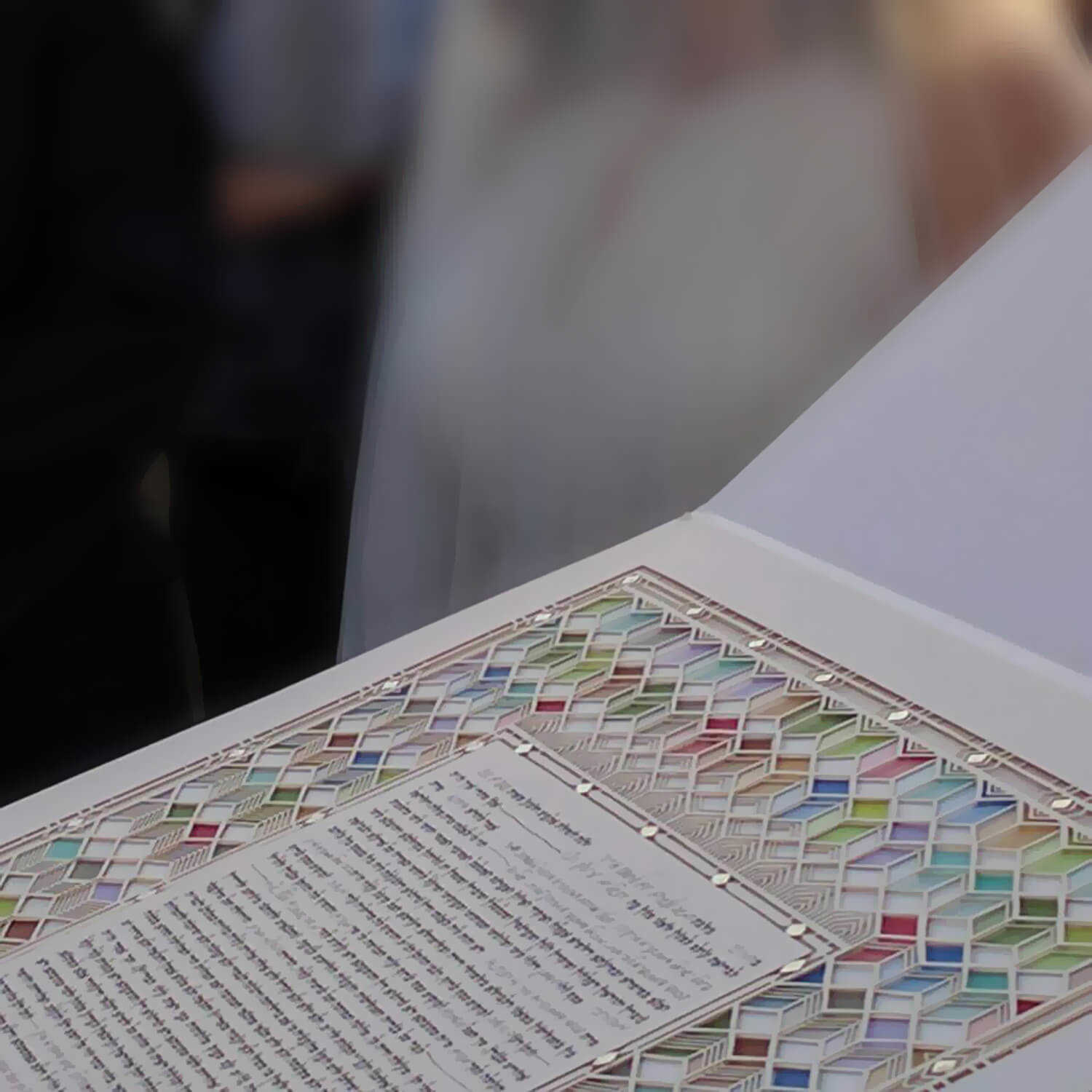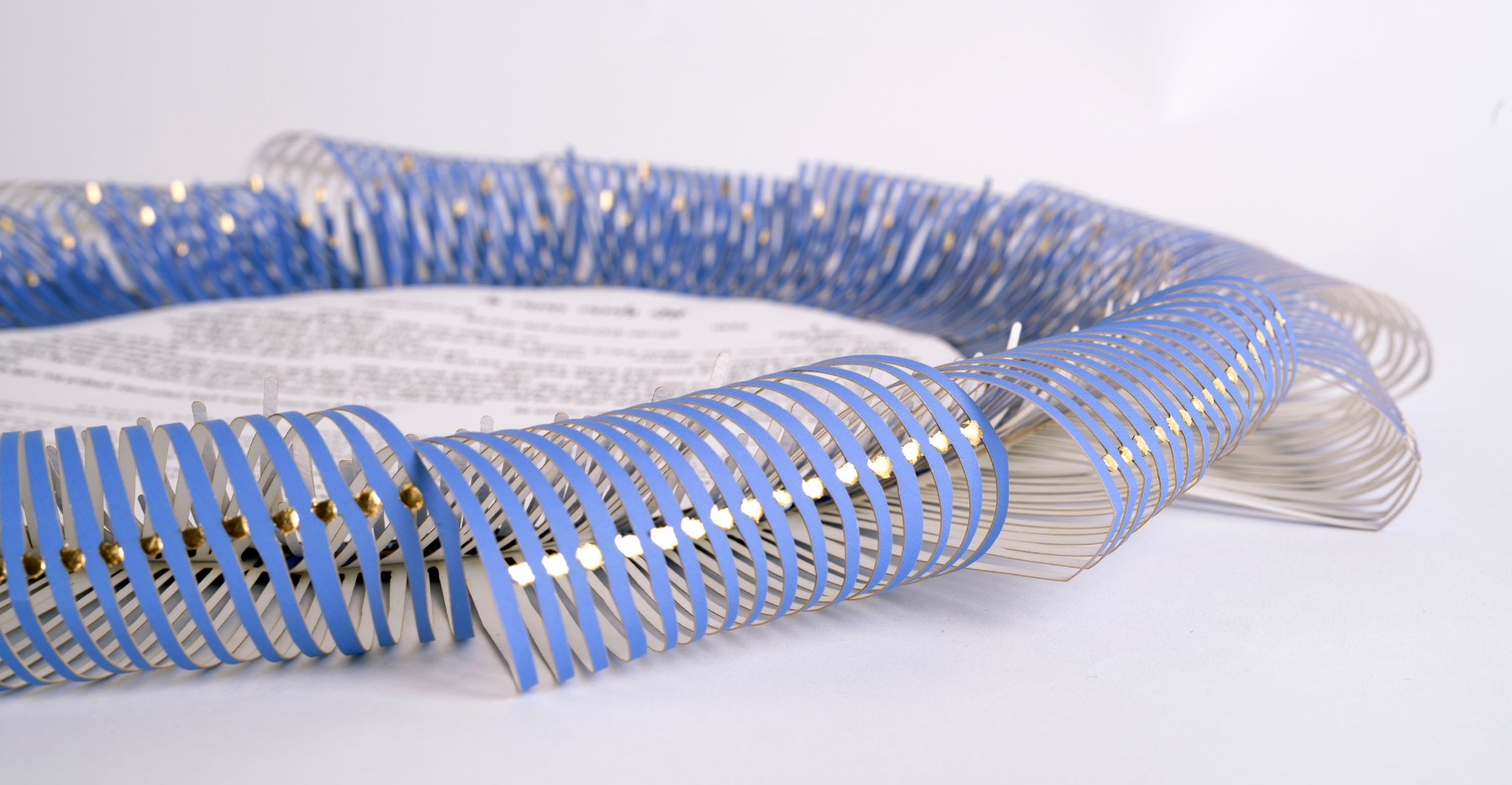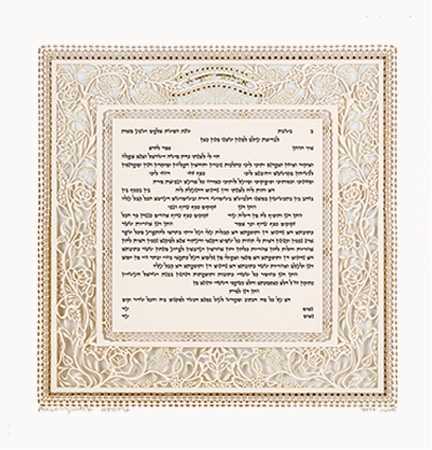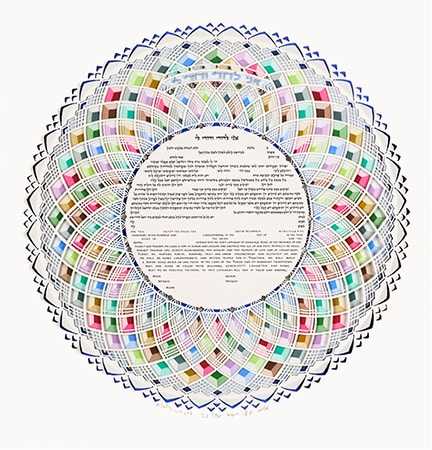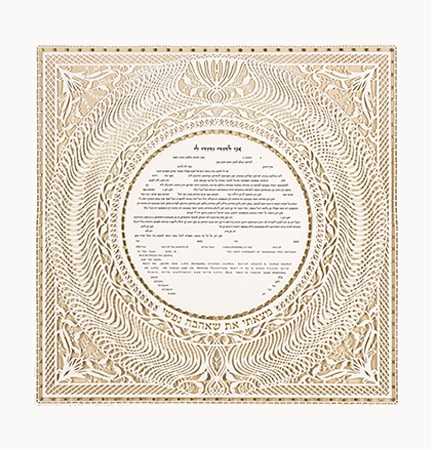Who Signs as the Ketubah Witness
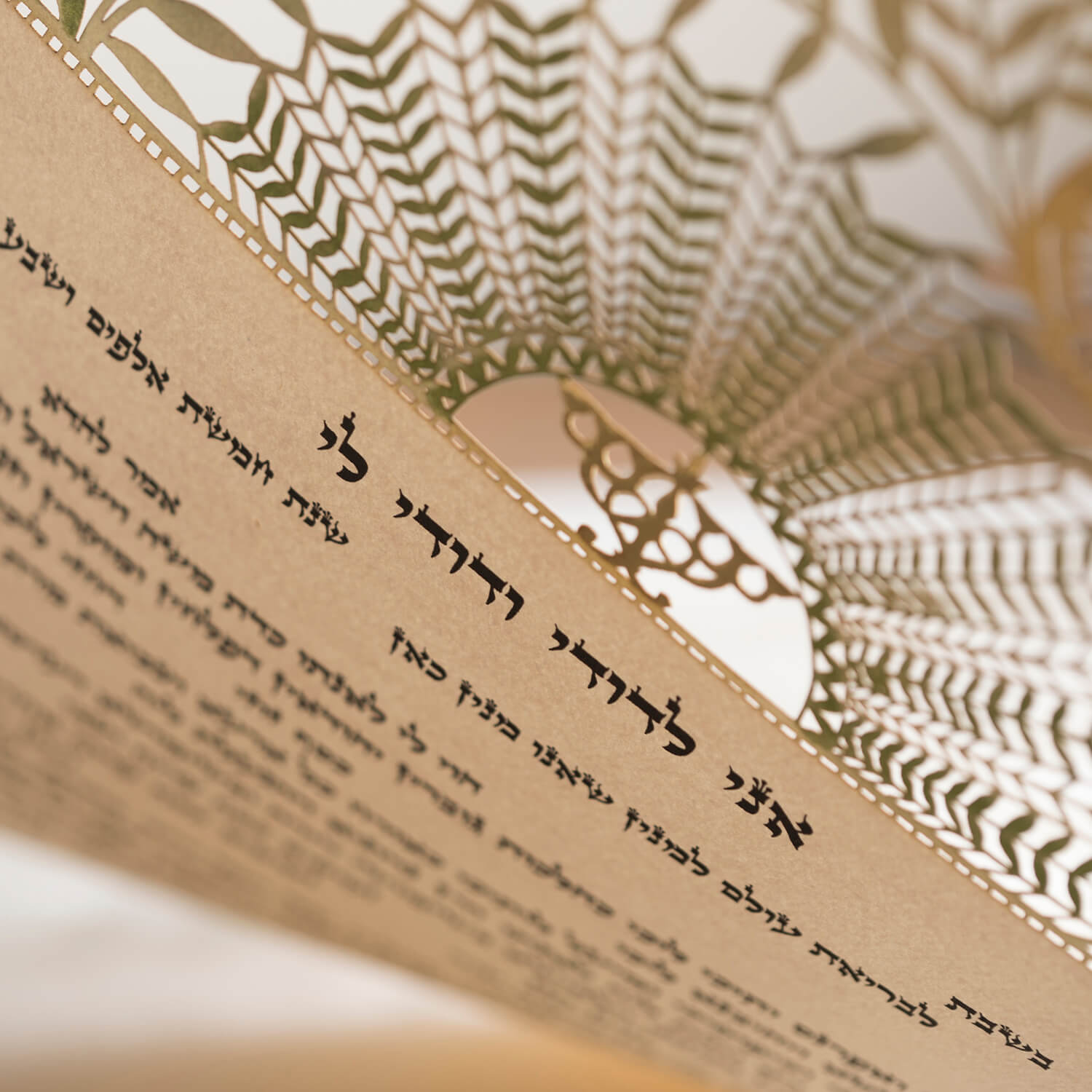
A typical Jewish wedding has a fairly distinct set of parts, such as the chuppah, breaking of the glass and the ketubah, that make it particularly Jewish. This holds for an Orthodox, Conservative, Reform, and more than likely even an interfaith wedding ceremony. Regardless of the religious Jewish movement observed, these fairly iconic Jewish traditions are represented consistently. The chuppah, for example, is always four poles, with a stretched out piece of fabric either held up by guests of the wedding or stand-alone. Breaking the glass is routinely at the end of the ceremony. The ketubah is read aloud to guests during the wedding ceremony, but first, it’s signed by two ketubah witnesses.
Who Signs as the Ketubah Witness
The sole requirement needed, To legitimize the ketubah, is that it be signed by two witnesses. Neither the wedding ceremony officiant (i.e., the Rabbi), the bride, or the groom are required to sign the ketubah, though nothing is stopping a couple from doing so if they so desire. Concerning the ketubah witness criteria, there are a few requirements to consider, though they vary according to the religious Jewish movement observed by the couple.
Orthodox / Conservative – The ketubah witness for an Orthodox or Conservative Jewish wedding ceremony must be a Jewish male over bar mitzvah age. Additionally, they cannot be related to either the bride or the groom (or to each other) and must be Sabbath observant. It should be mentioned, however, that a Conservative Jewish wedding isn’t as strict with adhering to the male requirement.
Reform – A ketubah witness for a Reform Jewish wedding can be either male or female, above the age of thirteen (13) and ordinarily identifies as Jewish, however, the officiant can allow of differing faiths and background to serve as a ketubah witness. More often than not, the requirement that the ketubah witness not be related to the bride or groom is complied with.
Interfaith / Secular – There are no real requirements when choosing a ketubah witness for a secular, or interfaith wedding. As long as the officiant leading the ceremony agrees, the bride and groom are free to choose whomever they please.
Regardless of the Jewish movement observed by the couple, and who they have chosen as their ketubah witnesses, herein lies an opportunity for them to create a unique and stunning work of art. By using a highly skilled ketubah artist, like Danny Azoulay, the bride and groom get just that – an exquisite masterpiece catered to their distinctive taste.

